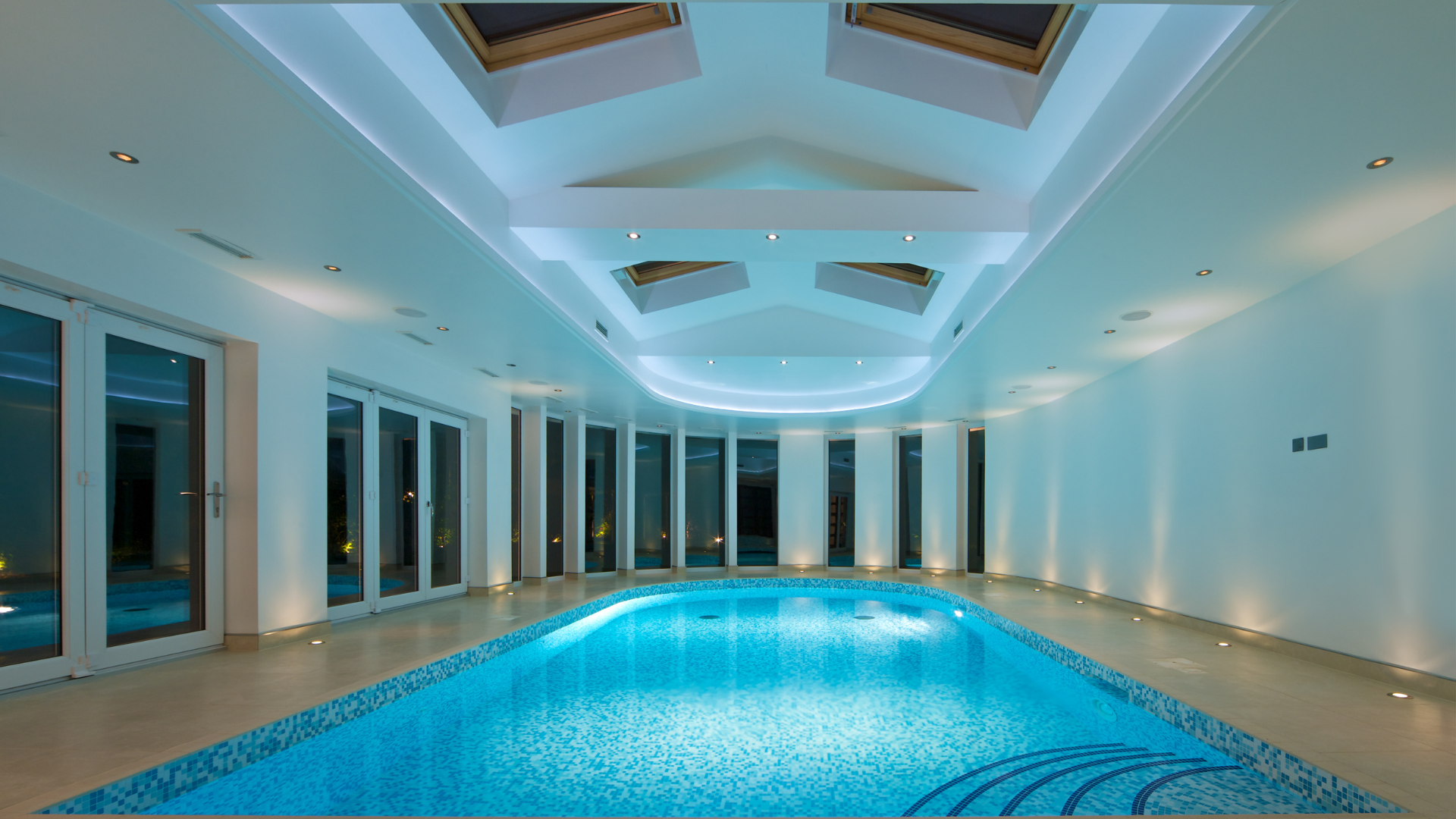Swimming is a refreshing and invigorating activity that offers numerous health benefits while providing a fantastic way to beat the heat and have fun. When it comes to choosing a swimming pool, you often encounter the debate of outdoor versus indoor pools. Both options have their unique advantages and considerations. In this blog post, we will explore the pros and cons of outdoor and indoor swimming pools to help you make an informed decision.
Outdoor Swimming Pools:
- The Beauty of Nature: One of the primary advantages of outdoor swimming pools is the breathtaking view and connection with nature. Swimming under the open sky, basking in the warmth of the sun, and enjoying the cool breeze can be an incredibly rejuvenating experience. The natural surroundings create a serene atmosphere and add to the overall ambiance.
- Vitamin D Boost: Exposure to sunlight helps the body produce Vitamin D, which is essential for bone health and overall well-being. Outdoor pools provide an excellent opportunity to soak up some sun while enjoying a refreshing swim. However, it’s important to remember to protect your skin by using sunscreen and taking necessary precautions to prevent sunburn or overexposure.
- Larger Space and Design Options: Outdoor pools often offer more space for swimming and recreation, allowing for various design possibilities. Whether you prefer a lap pool for exercise, a pool with water features for family entertainment, or a luxurious pool with landscaping elements, the outdoor setting provides ample room to explore creative designs.
- Seasonal Limitations: One significant drawback of outdoor swimming pools is their susceptibility to seasonal changes. In colder climates, outdoor pools are typically usable only during the summer months, which means limited access throughout the year. Additionally, weather conditions such as rainstorms or extreme heat can disrupt your swimming plans.
Indoor Swimming Pools:
- Year-Round Accessibility: Unlike outdoor pools, indoor swimming pools offer the advantage of year-round accessibility. Regardless of the weather outside, you can enjoy a swim whenever you desire. This flexibility is particularly beneficial for those living in regions with extreme temperatures or unpredictable weather patterns.
- Privacy and Comfort: Indoor swimming pools provide a more private and controlled environment. They offer a sense of seclusion and intimacy, allowing you to enjoy your swim without external distractions. Moreover, indoor pools are shielded from external elements such as bugs, pollen, and noise pollution, ensuring a more comfortable swimming experience.
- Climate Control: Maintaining a comfortable water temperature is easier in indoor pools due to climate control systems. You can swim in warm water during winter or opt for cooler temperatures during hot summer days. This level of control over the water temperature adds to the overall comfort and enhances your swimming experience.
- Limited Natural Surroundings: While indoor pools offer privacy, they lack the natural beauty and open-air experience that outdoor pools provide. The absence of natural light and the ability to feel the sun’s warmth on your skin can make the experience feel slightly disconnected from nature.
The choice between outdoor and indoor swimming pools ultimately depends on your preferences, location, and lifestyle. Outdoor pools provide a sense of freedom and connection with nature but are subject to seasonal limitations. On the other hand, indoor pools offer year-round accessibility, privacy, and climate control, but lack the beauty of the great outdoors. It’s crucial to consider factors such as weather conditions, maintenance requirements, budget, and personal preferences when deciding which type of pool best suits your needs. Whichever option you choose, swimming is a fantastic way to stay active, unwind, and enjoy the water, no matter the setting.


